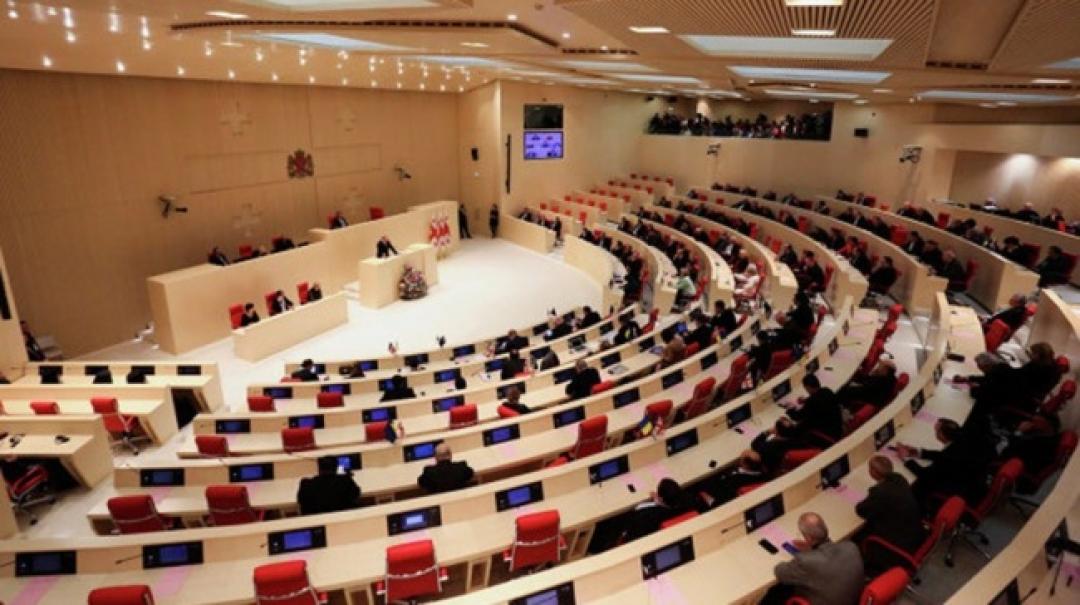
Second round of elections in Georgia: Ruling party wins all seats due to opposition boycott

On 21 November, the second round of elections was held in Georgia. The ruling Georgian Dream (GD) won all 17 remaining parliamentary seats (91 from 150 in total), as the opposition parties boycotted the second round of elections.
Georgia also recorded the lowest turnout of voters in its history, with 26% of the population casting their votes. Suspicions over the results in the second round were also raised after the Central Election Commission (CEC) released preliminary results showing several GD candidates gaining over 100% of votes. In a statement, the CEC blamed this on “technical issues” and did not rule out external interference.
The Georgian Young Lawyers Association (GYLA) and International Society for Fair Elections and Democracy (ISFED) reported election violations in a number of majoritarian constituencies during the second round. GYLA further stated that alleged ruling party activists and coordinators who were mobilised in the precincts “created an environment of psychological pressure on voters.” It also said that their observers were prevented from fulfilling their duties and threatened with health damage in two districts. The ISFED said that despite ‘a very low’ voter turnout, the ruling party coordinators are mobilised at various precincts, where they have observed alleged cases of vote-buying and election carousel.
Meanwhile, the GD Executive Secretary Irakli Kobahidze claimed that the opposition was secretly mobilising voters despite their boycott. “The opposition was active and because of this activity opposition candidates received 50,000 votes, despite them publicly announcing they were not participating in the election,” he said. Kobahidze also stated that some agreement may be reached with opposition parties during the third round of negotiations.
The delegation of the European Union (EU) to Georgia stated that it regretted that “mistrust affected the electoral process” and that the opposition candidates “did not contest seats in the second round” of parliamentary elections. The delegation further emphasised that Georgia needs a functioning parliament, with all parties working together to advance reforms, in line with the mutual commitments under the Association Agreement. The EU delegation further encouraged all members of parliament to use their mandates to address outstanding political issues, including improving the foundations for future elections through ambitious and credible electoral and judicial reforms, as well as addressing health and socio-economic issues caused by the Covid-19 pandemic.
See Also


Armenia Records 5.9% GDP Growth in 2024, Missing 7% Goal

Yerevan Balances Strategic Ties with Both US and Russia, Says Foreign Minister

FM Mirzoyan: Peace Deal with Azerbaijan Is Within Reach

Pashinyan and Erdogan Hold Call, Reaffirm Commitment to Ongoing Dialogue

